Indigenous Governance Database
Intergovernmental Relations
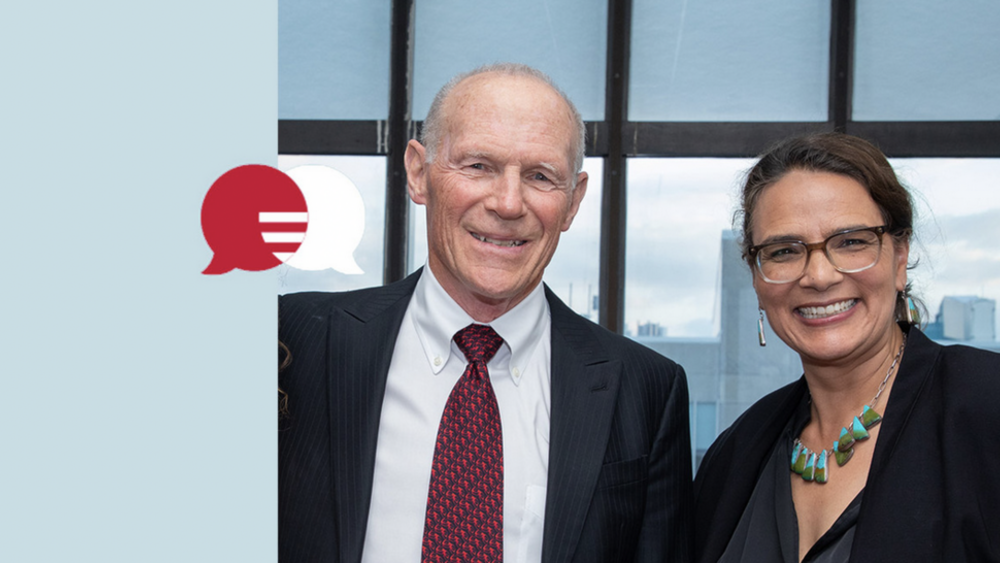
The More Indigenous Nations Self Govern, The More They Succeed
Harvard Kennedy School Professor Joseph Kalt and senior director Director Megan Minoka Hill say the evidence is in: When Native nations make their own decisions about what development approaches to take, studies show they consistently out-perform external decision makers like the U.S. Department of…
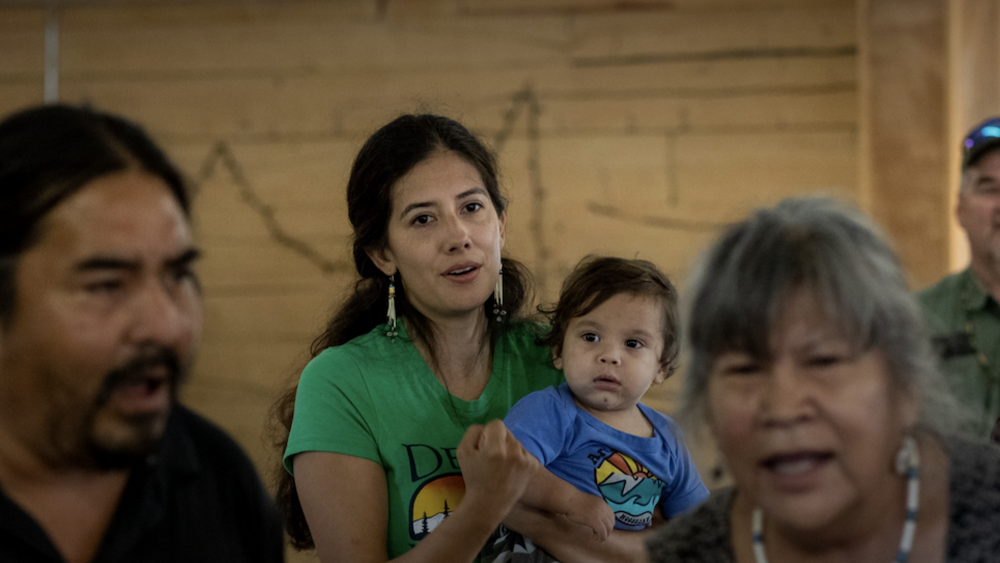
ANCSA: A complete or incomplete story of sovereignty
Shortly after the Alaska Native Claims Settlement Act passed into law in 1971, headlines started appearing in local newspapers that hinted at a growing confusion among Alaska Native communities: “Indian Country hard to define,” stated one Tundra Times edition. “ANCSA and tribalism?” asked another…
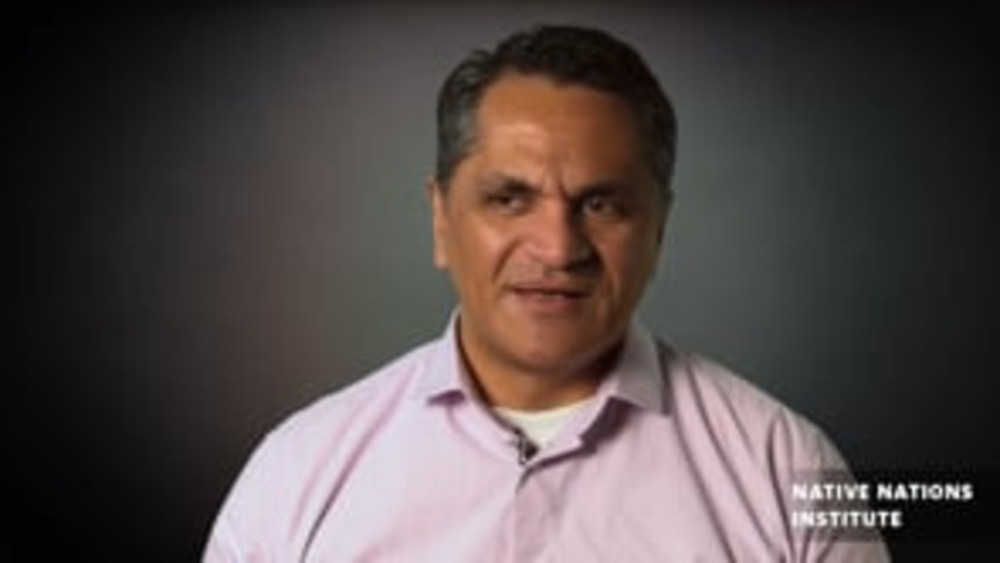
Robert Joseph: History of Maori Governance and Self-Determination
In this interview, Māori barrister and Senior Lecturer at The University of Waikato Te Whare Wānanga o Waikato, Dr. Robert A. Joseph offers his expert analysis of governance and law through the historical perspective of Māori self-governance. Dr. Joseph gives a summary of the complexities…

Jim Gray: Making Change Happen
Former Principal Chief James Gray of the Osage Nation makes a guest speaker appearance to the January In Tucson class “Making Change Happen”. In Chief Gray’s own words, he shares his direct experiences with indigenous governance for the Osage people and gives a larger context to the historic…
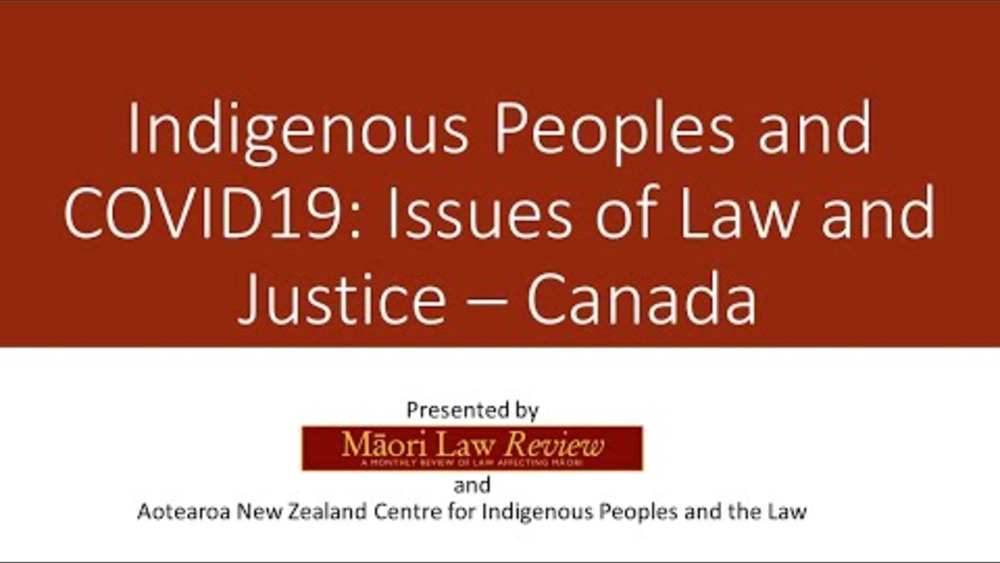
Indigenous Peoples and COVID-19: Issues of Law and Justice – Canada
A co-production of New Zealand's Victoria University of Wellington and the Aotearoa New Zealand Centre for Indigenous Peoples and the Law, the "Indigenous Peoples and COVID-19: Issues of Law and Justice" is a series of conversations focused on the experiences of Indigenous Peoples with COVID…
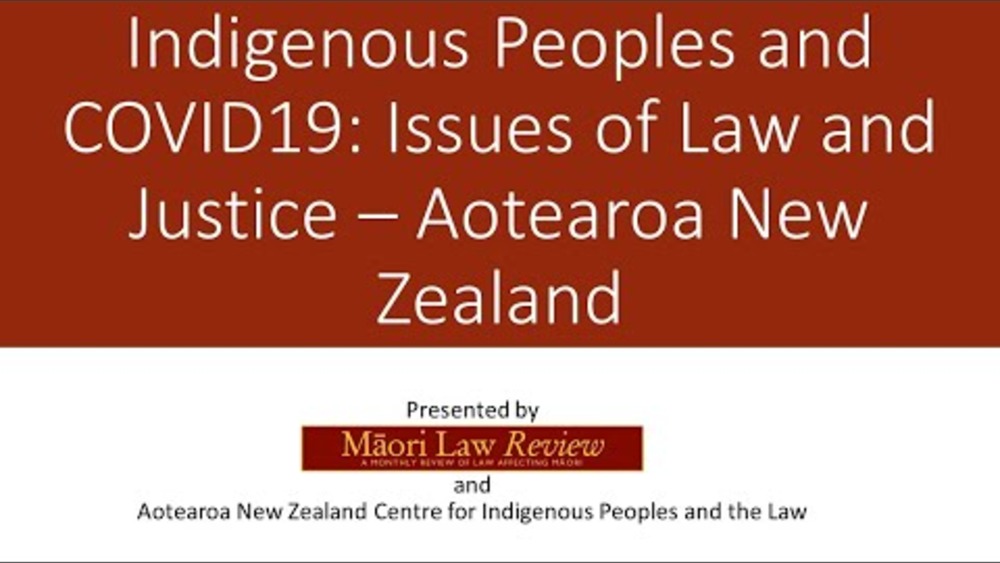
Indigenous Peoples and COVID-19: Issues of Law and Justice – Aotearoa New Zealand
A co-production of New Zealand's Victoria University of Wellington and the Aotearoa New Zealand Centre for Indigenous Peoples and the Law, the "Indigenous Peoples and COVID-19: Issues of Law and Justice" is a series of conversations focused on the experiences of Indigenous Peoples with COVID-…
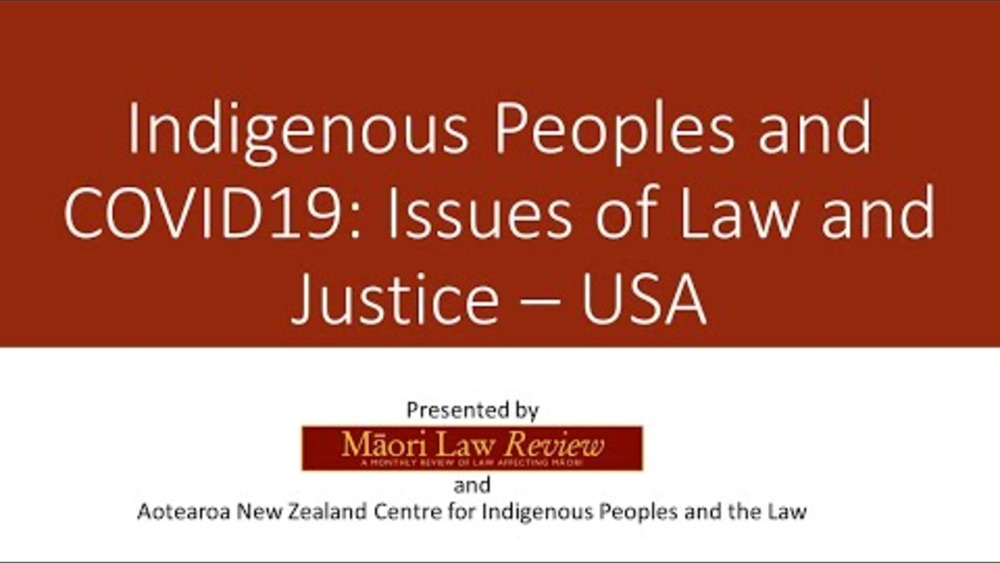
Indigenous Peoples and COVID-19: Issues of Law and Justice – USA
A co-production of New Zealand's Victoria University of Wellington and the Aotearoa New Zealand Centre for Indigenous Peoples and the Law, the "Indigenous Peoples and COVID-19: Issues of Law and Justice" is a series of conversations focused on the experiences of Indigenous Peoples with COVID…
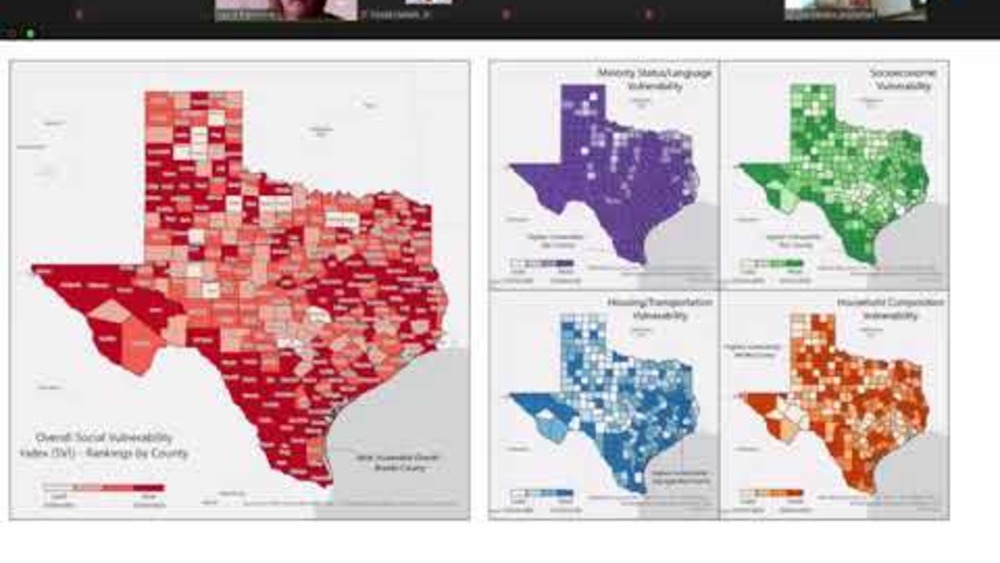
FEMA's Interagency Recovery Coordination Speakers Series: "Equity, The Foundation of Resilience"
Produced and hosted by FEMA, this 6-part Speaker Series is organized around the theme ‘Equity, Resilience in Recovery’. The goal of the Speaker Series is to bring people together to exchange information, inspire one another, and generate discussion on equitable strategies that build strong…
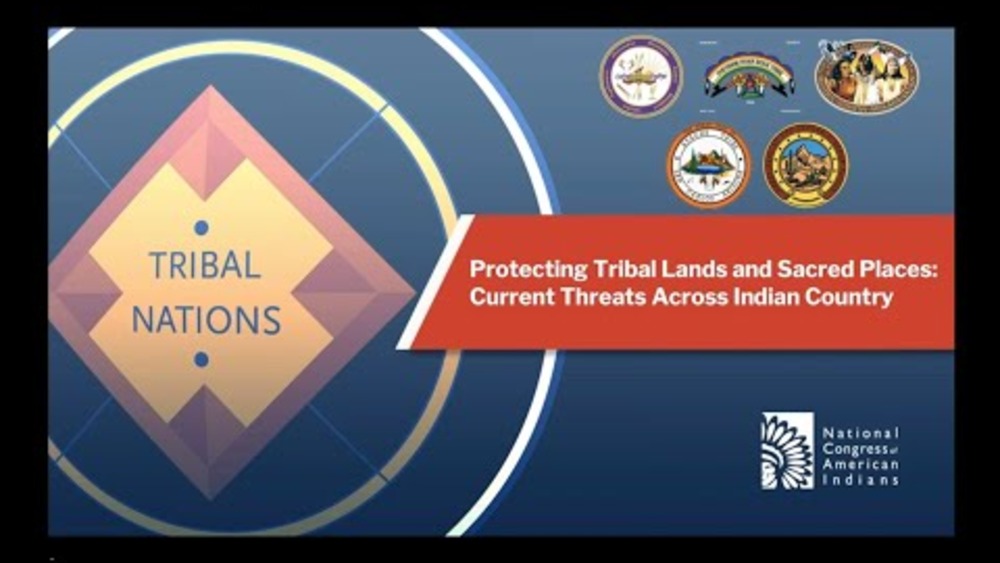
NCAI Forum: Protecting Tribal Lands and Sacred Places: Current Threats Across Indian Country
The latest in NCAI’s ongoing series of virtual events featuring tribal leaders, this forum shares the stories of five tribal nations working to protect their tribal homelands in the face of baseless attacks by the federal government, and discussed how the federal government must recommit to its…
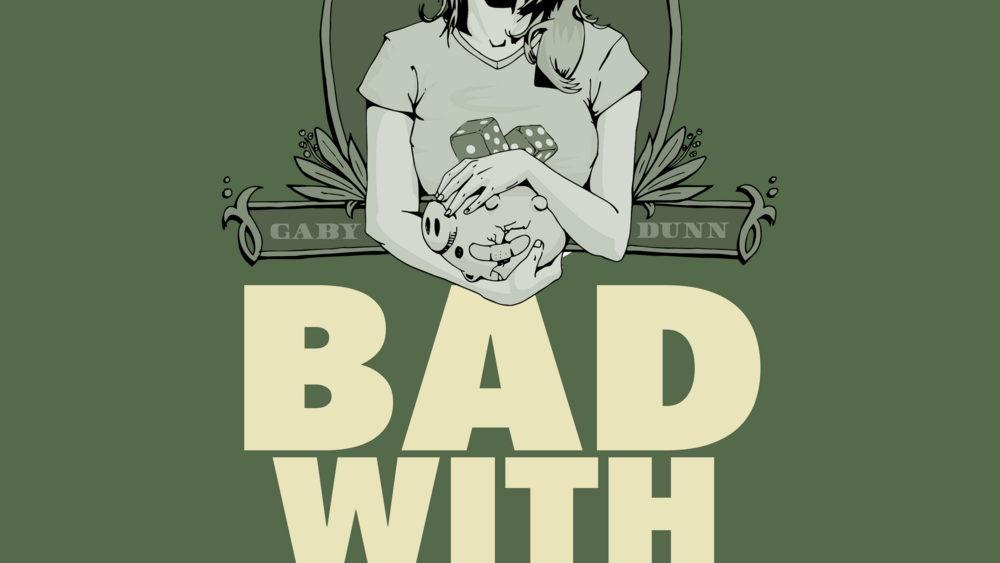
Bad with Money Podcast: COVID's Economic Devastation on Tribal Lands
Gaby Dunn speaks with Karen R. Diver (Fond du Lac Band of Lake Superior Chippewa), Director of Business Development for the Native American Advancement Initiatives at the Native Nations Institute and appointee of President Obama as the Special Assistant to the President for Native American Affairs…
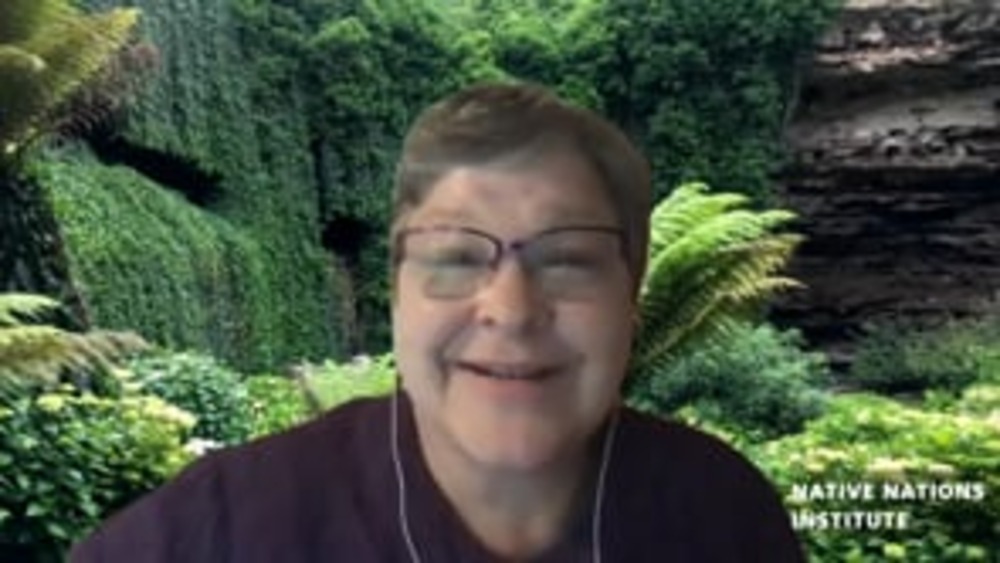
Native Nation Building and the CARES Act
On June 10, 2020 the Native Nations Institute hosted an a online panel discussion with Chairman Bryan Newland of the Bay Mills Indian Community, Councilwoman Herminia Frias of the Pascua Yaqui Tribe, and hosted by Karen Diver the former Chair of the Fond du Lac Band of Lake Superior Chippewa and…
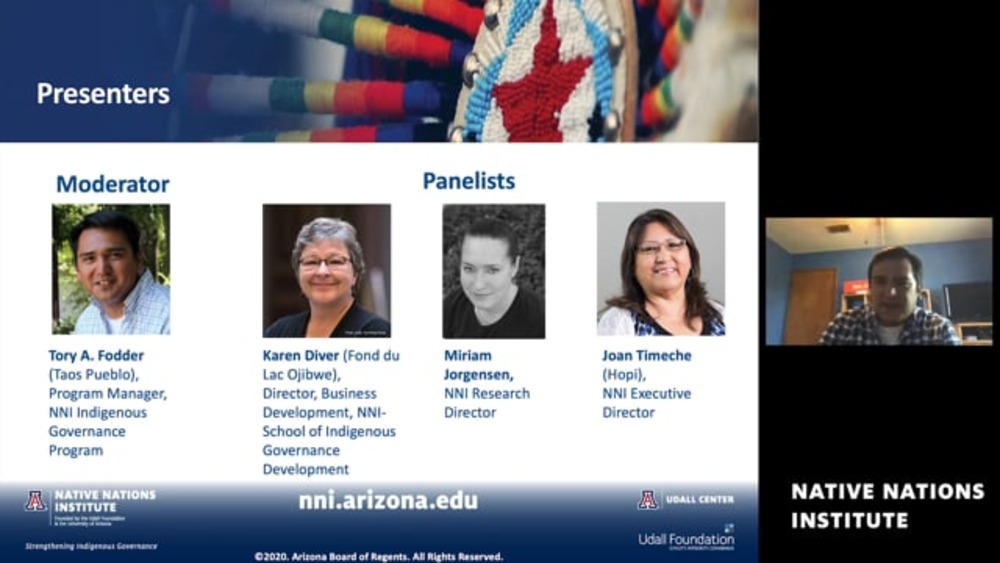
Webinar: Rebuilding Native Nations and Strategies for Governance and Development
The Indigenous Governance Program (IGP) at the University of Arizona has long been at the vanguard of delivering Indigenous Governance Education. To do our part at this critical time, IGP was pleased to offer our January in Tucson Courses in May event free of charge, live streamed via Zoom to…
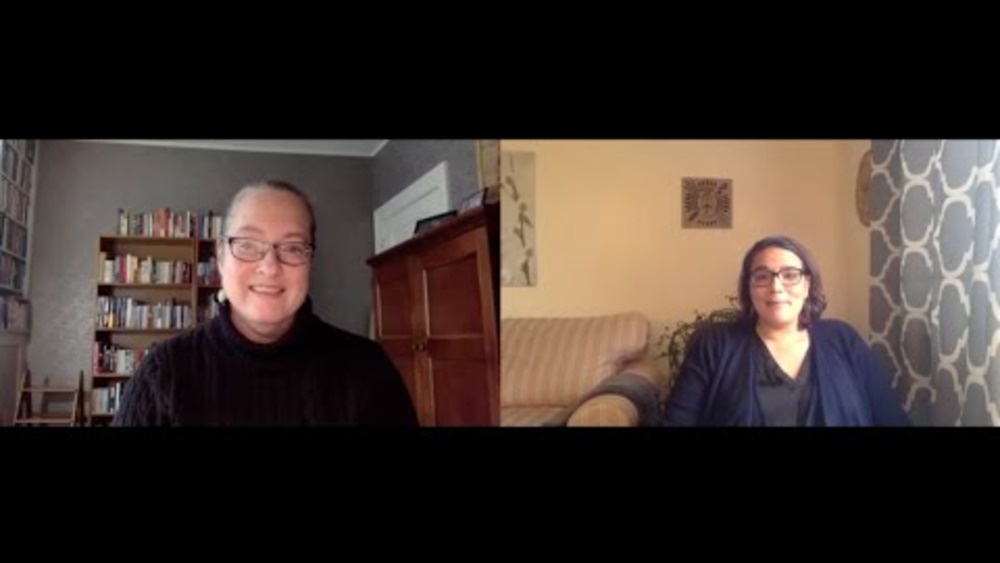
Miriam Jorgensen on New Policy Brief Dissecting Round 1 Allocations of CARES Act Tribal Funding
Miriam Jorgensen, Research Director with the Harvard Project and with Native Nations Institute at the University of Arizona, discusses the release of a new Harvard Project and Native Nations Institute policy brief dissecting the US Treasury Department's round 1 allocations of CARES Act funding for…
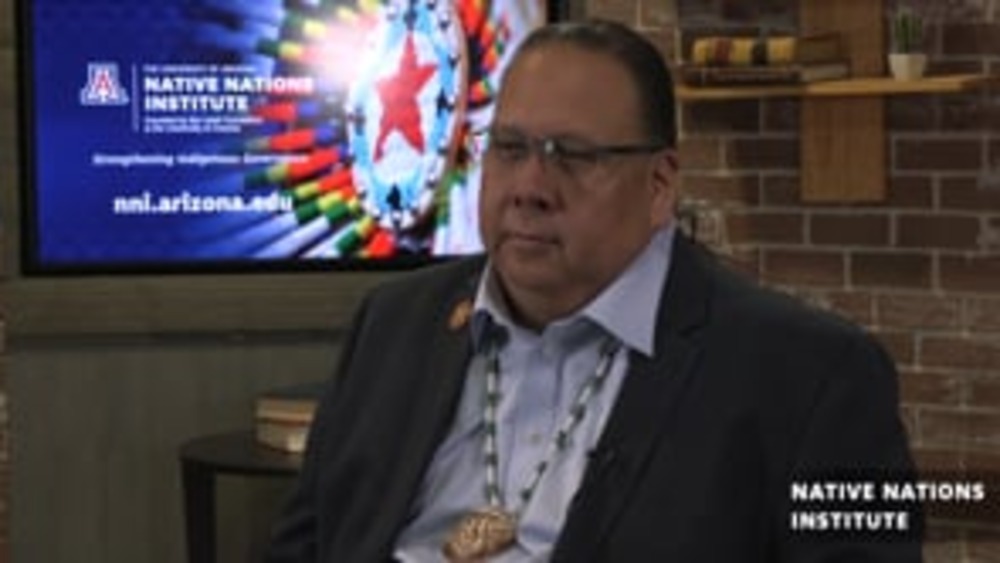
Stephen Roe Lewis: Effective Tribal Leadership for Change
Stephen Roe Lewis has been serving two terms as the Governor of the Gila River Indian Community. He follows a strong tradition and family legacy of leadership for the Akimel O’otham and Pee-Posh people in this desert riparian region of Arizona. Governor Lewis has worked on numerous political…
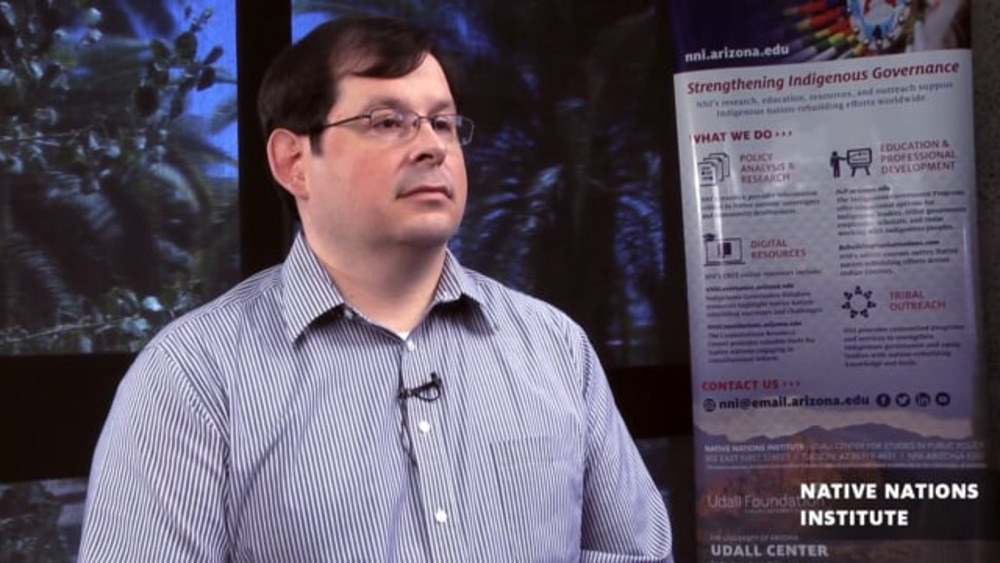
Wayne Ducheneaux: Working with Indigenous Governance
Wayne Ducheneaux II (Cheyenne River Sioux Tribe) sits down with Native Nations Institute to discuss his array of experiences working for the Cheyenne River Sioux Tribe and in the work toward helping other Native Nations efforts with indigenous governance. A former Tribal Administrative…
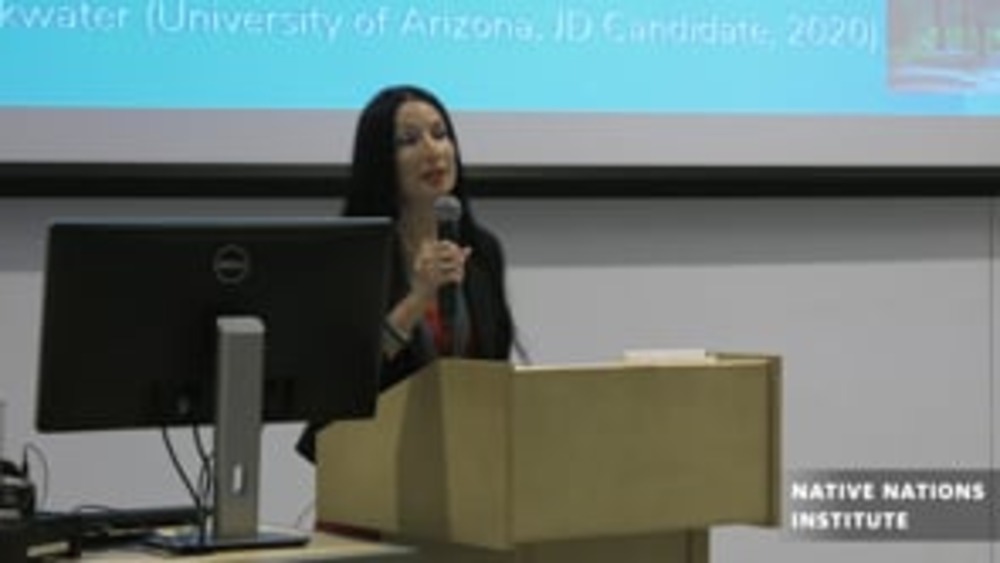
Rebecca Tsosie: Indigenous Sustainability and Resilience to Climate Extremes
The School of Geography & Development presented the “My Arizona” Lecture of Prof. Rebecca Tsosie, Regents Professor of Law at Univeristy of Arizona on Friday, November 1, 2019. Her lecture, "Indigenous Sustainability and Resilience to Climate Extremes: Traditional…
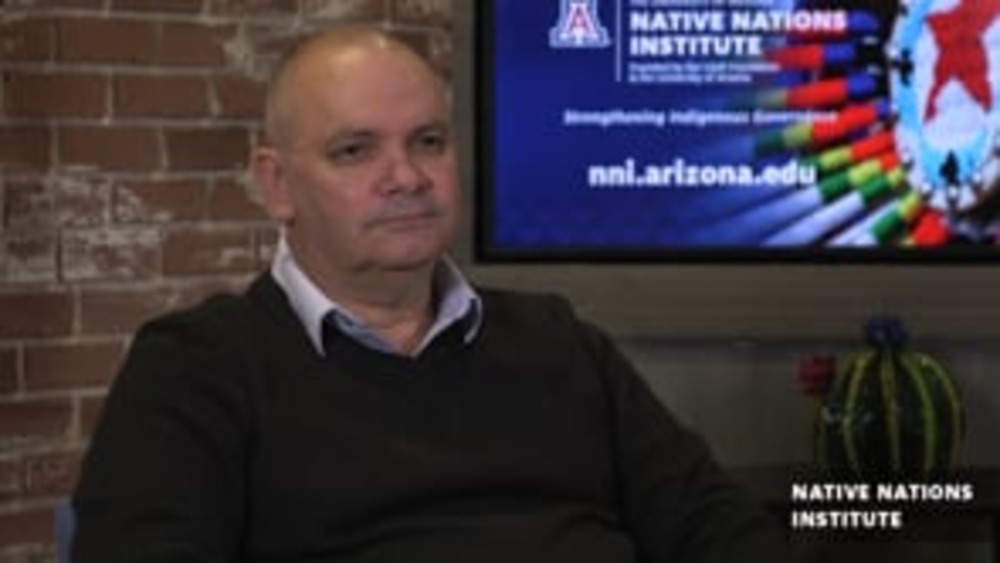
Daryle Rigney: Asserting Cultural Match and Native Nation Building in Australia
Daryle Rigney brings his expertise and first-hand experiences as a citizen of Ngarrindjeri Nation in South Australian to share his thoughts about Native Nation Building for the Ngarrindjeri Nation. He is a Professor of Indigenous Strategy and Engagement at College of Humanities Arts and…
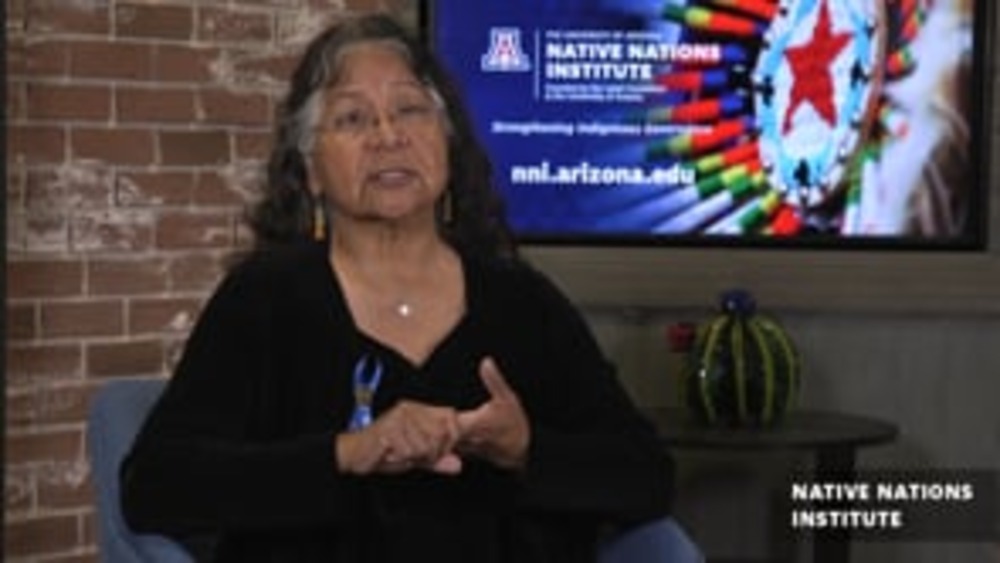
Diane Enos: Endurance through Native Leadership
Diane Enos is an Attorney, Councilwoman & Former President of Salt River Pima-Maricopa Indian Community. She has also served as Vice President of the Inter-Tribal Council of Arizona, Chairwoman of the Arizona Indian Gaming Association, and as a Western Area Delegate to the Tribal Justice…
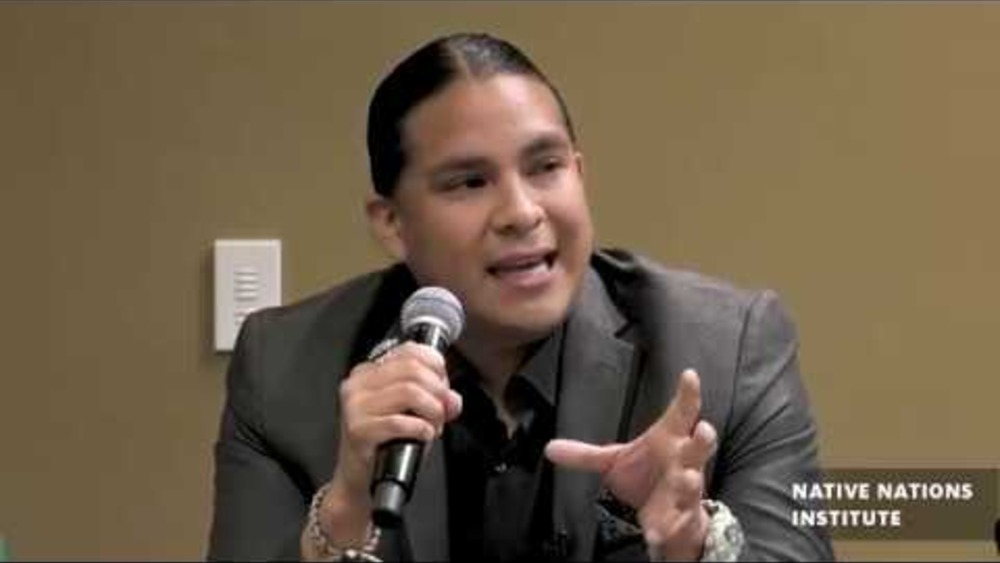
Indigenous Data Sovereignty Panel IDSOV Summit Arizona 2019
Native scholars working to advance the research on indigenous data sovereignty give their perspectives on the issues facing Native communities around data collection and date use. Dr. Jameson D. Lopez (Fort Yuma Quechan (Kwatsáan) Indian Tribe), Carmenlita Chief (Navajo Nation), and Dr. Tennille…
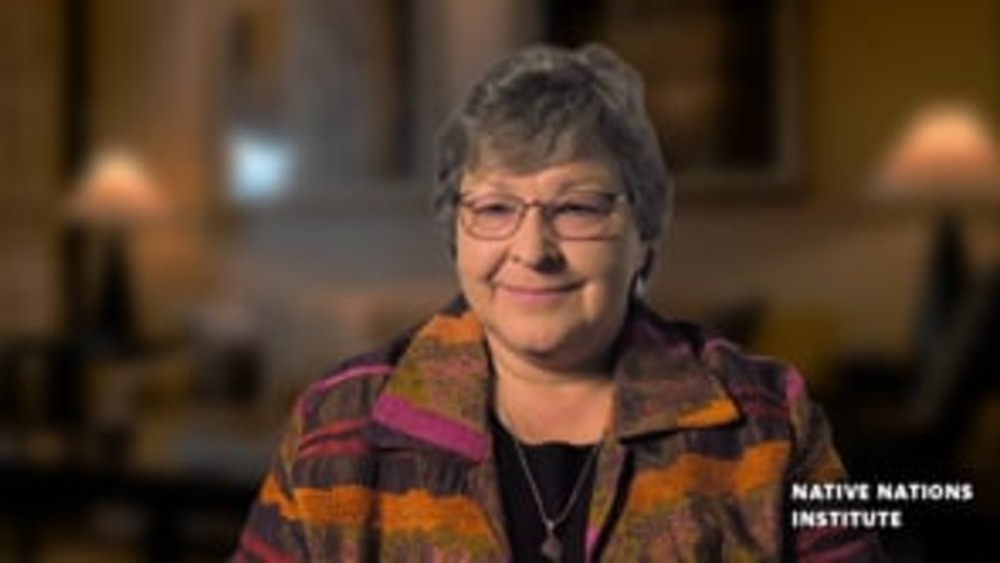
Karen Diver: Native leadership and Indigenous governance
Karen Diver is a former Chairwoman of the Fond du Lac Band of Lake Superior Chippewa and former Vice President of the Minnesota Chippewa tribe, while also served as an adviser to President Obama as his Special Assistant for Native American affairs. Her incredible career as renowned Native…
